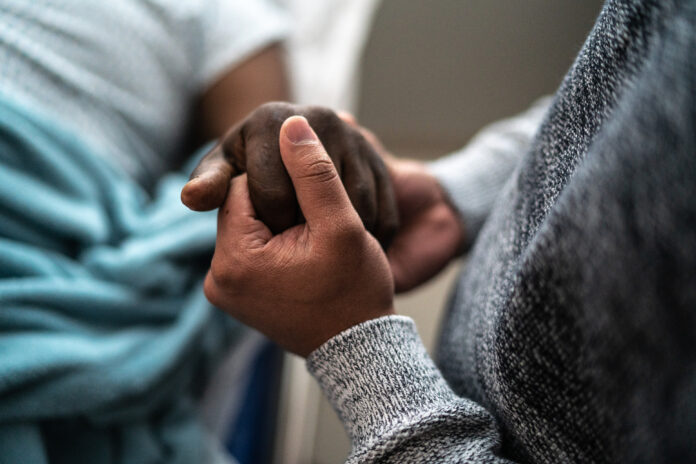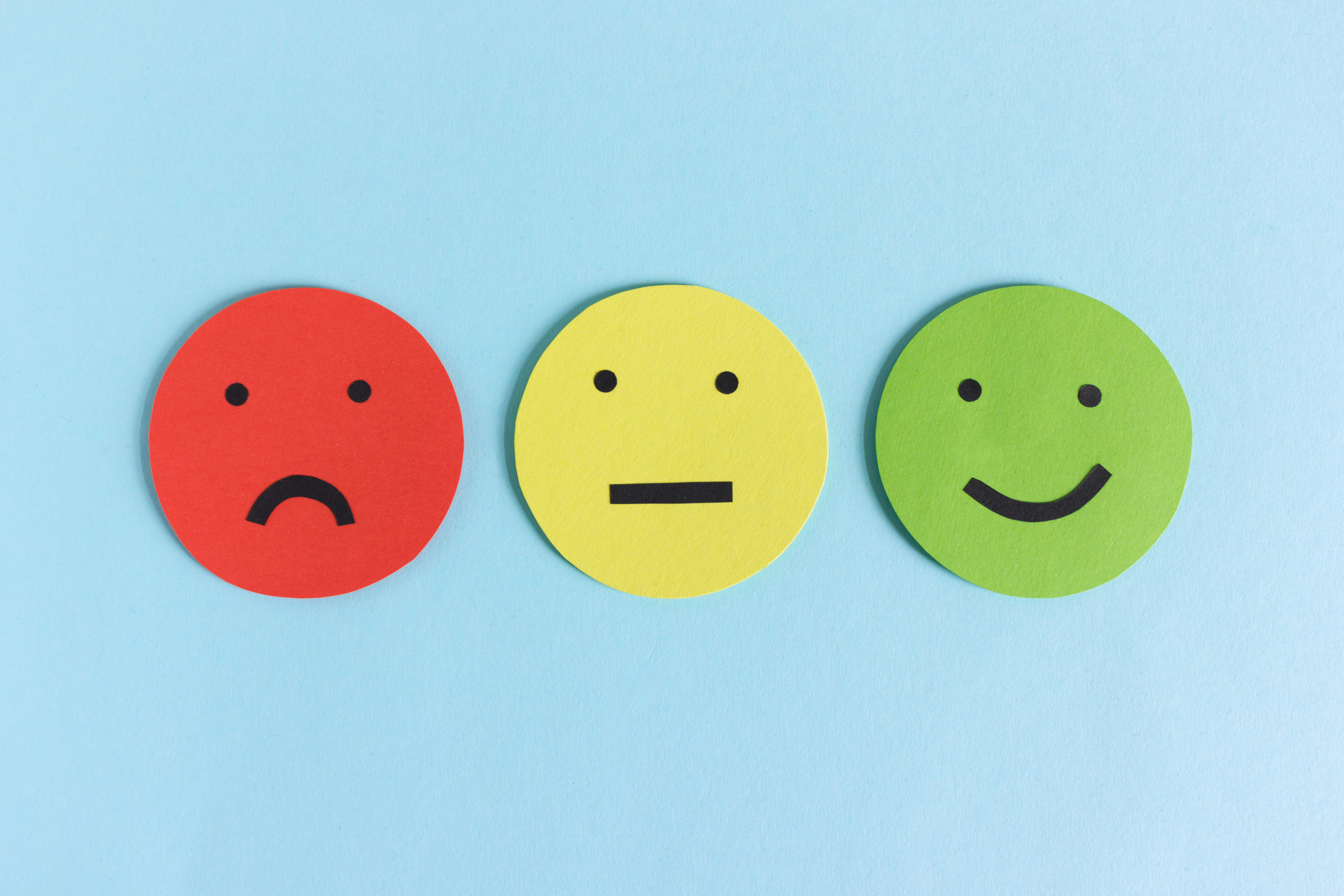Two friends of mine recently released themselves from life. Coincidentally, both had terminal pancreatic cancer. Each had made the decision while still feeling well that when pain dominated their lives to the point that they could no longer experience a moment’s comfort or pleasure, they would take the step to stop living rather than passively wait for death to come.
The End of Life Option Act in California, where they resided, required that to be able to make the choice, they had to have a prognosis that was not longer than six months. They also had to make the requests for aid-in-dying drugs on two separate occasions, with at least 48 hours between requests. Additionally, the law called on their physicians to encourage patient-family discussion, necessitated that the physicians make sure (without any family or friends present for the discussion) that death would be voluntary, and mandated that a second consulting physician confirm the terminal diagnosis, with no hope of slowing or reversing the course of the cancer. If either of my friends had a mental disorder, they would have had to be evaluated by a mental health specialist to make sure their judgment wasn’t impaired.
Only after all the boxes had been ticked off were my friends free to determine the point at which living would become untenable for them. They would then choose a day and time to take the dose of physician-prescribed drugs that would eliminate pain, cause them to fall into a sleep that would progress to a deep coma, slow their breathing, and stop their hearts, a process that generally occurs within two hours. At any point they could have opted out, right up until the moment they ingested the medications.
My friends were not among those who changed their minds. As their disease progressed, they each chose a date that was within days to weeks of death that would have come naturally. They also arranged to see people who were important to them and had their families around to say goodbye. Having a date looming was very difficult for their loved ones but very comforting for my friends.
Washington, D.C., and the nine other states where medical aid in dying is legal—Colorado, Hawaii, Maine, Montana, New Jersey, New Mexico, Oregon, Vermont, and Washington—have the same or similar speed bumps in their laws about medical aid in dying so the decision is not made hastily or in a vacuum. So, generally, do the countries that allow people to make the choice to die: Austria, Belgium, Canada, Germany, Luxembourg, the Netherlands, New Zealand, Spain, Switzerland, and parts of Australia.
I should note that physicians are not required to participate in medical aid in dying, neither legally nor ethically. The American Medical Association (AMA) makes clear that while the aspiration in the medical community is for every patient to be treated with “a fundamental commitment to values of care, compassion, respect, and dignity,” physicians “diverge in drawing different moral conclusions from those underlying values.”
On the one hand are those who believe the role of the doctor is to preserve life and should have nothing to do with ending it (which is different from providing palliative care at the end). On the other are those who feel that participating in medical aid in dying is part and parcel of “respect for patient self-determination.” Neither is right or wrong, the AMA takes pains to point out. I agree.
My own ethical exploration leads me to believe medical aid in dying does have a place in medical practice. It’s not because dying occasionally comes with severe physical or psychological pain. Most of the time those can be treated effectively. That’s where the multidisciplinary team of palliative care and hospice is of real benefit. It’s that as a doctor for more than 50 years who has taken care of many people at the end of their lives, what has become clear is that when people want aid in dying it’s often because of the complete loss of autonomy they may experience as they near the end of their lives; life becomes no longer worth living.
If medical aid in dying is an issue that concerns you right now and you have been pondering it but don’t have a firm idea of where you stand, talk with your loved ones, and your physician. Or more than one physician. Having frank discussions can really help you figure out where you land on this issue.
You can read up on it, too. The AMA suggests that even physicians who decline to refer a patient to a doctor who will participate in medical aid in dying because of deeply held, personal beliefs should still offer impartial guidance to patients about how to inform themselves regarding access to desired services.
Here are some organizations that provide information:
- The American Psychological Association
- The American Academy of Hospice and Palliative Medicine
- Compassion & Choices





